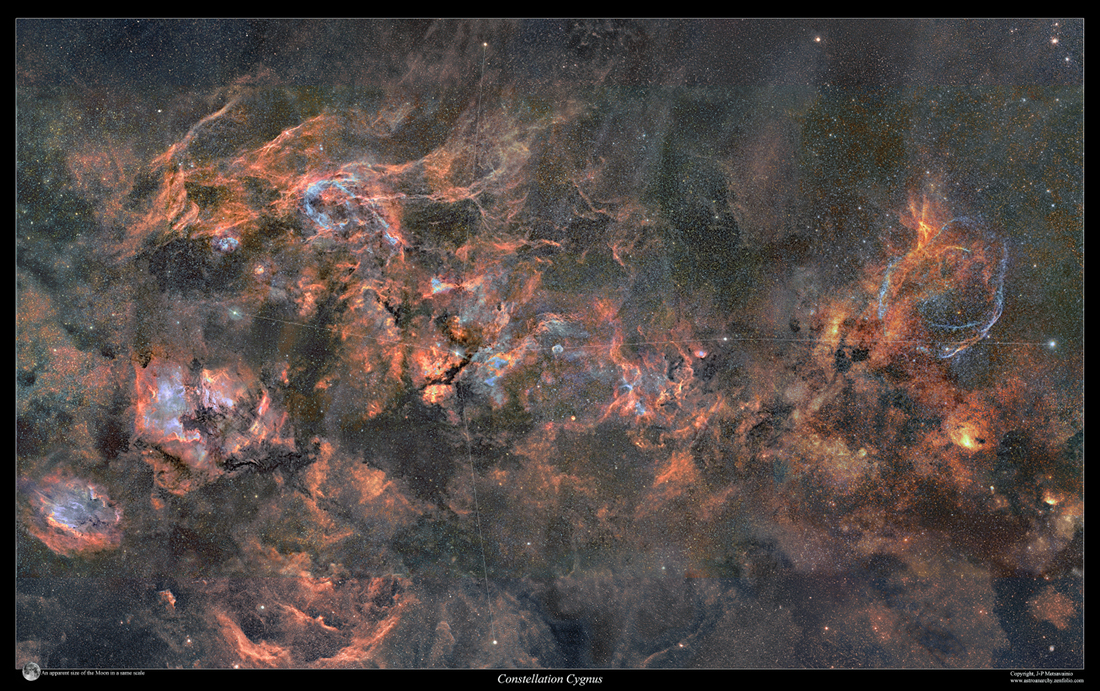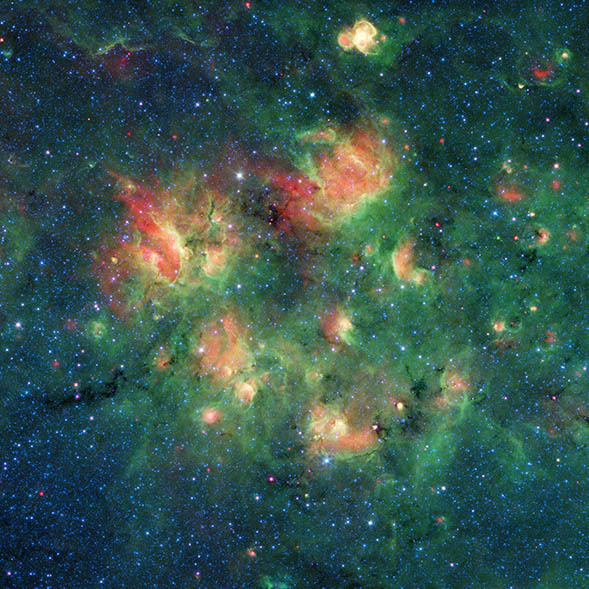Blog
Although Soleá is not the oldest, it is the style that has best preserved the values and qualities of ‘jondo art’: for its compass (combination of 6/8 and 3/4); its tone and its melody. It is one of the most danced and emblematic styles of flamenco and, given its characteristics, it adapts very well to the interpretation of flamenco dancers, since it invites to perform hip swings, waist swings and arms movements more typical of women . Singing to Soleá accompanies the guitar. The most sung lyrics of the soleares refer to places in America such as Havana or Puebla. In a series of soleares, the lyrics do not have much to do with each other, because they deal with different themes and the singer can take a tour of the sentimental variety of this stick during his performance.
We could say that a soleá is structured in the following way: introduction of guitar, ayeo of exit (the interpretation of the ‘ay ay ay’ of the singer); sing of preparation, brave singing and auction, with falsetas interspersed during the interpretation of the different lyrics (the falseta is the part of the music that the guitarist improvises).
more...Otis Lee Clay (February 11, 1942 – January 8, 2016) was an American R&B and soul singer, who started in gospel music. In 2013, Clay was inducted to the Blues Hall of Fame.
more...This beautiful skyscape is painted across the plane of our Milky Way Galaxy near the northern end of the Great Rift and the constellation Cygnus the Swan. Composed over a decade with 400 hours of image data, the broad mosaic spans an impressive 28×18 degrees across the sky. Alpha star of Cygnus, bright, hot, supergiant Deneb lies at the left. Crowded with stars and luminous gas clouds Cygnus is also home to the dark, obscuring Northern Coal Sack Nebula and the star forming emission regions NGC 7000, the North America Nebula and IC 5070, the Pelican Nebula, just left and a little below Deneb. Many other nebulae and star clusters are identifiable throughout the cosmic scene. Of course, Deneb itself is also known to northern hemisphere skygazers for its place in two asterisms, marking a vertex of the Summer Triangle, the top of the Northern Cross.

Didier Lockwood (11 February 1956 – 18 February 2018) was a French jazz violinist. He played in the progressive rock/jazz fusion band Magma in the 1970s and was known for his use of electric amplification and experimentation on different sounds on the electric violin.
more...Sérgio Santos Mendes (Brazilian Portuguese: [ˈsɛʁʒju ˈsɐ̃tuz ˈmẽdʒis]; born February 11, 1941) is a Brazilian musician. He has over 55 releases, and plays bossa nova heavily crossed with jazz and funk. He was nominated for an Oscar for Best Original Song in 2012 as co-writer of the song “Real in Rio” from the animated film Rio.
Mendes is a unique example of a Brazilian musician primarily known in the United States, where his albums were recorded and where most of his touring took place.
Mendes is married to Gracinha Leporace, who has performed with him since the early 1970s. Mendes has also collaborated with many artists through the years, including The Black Eyed Peas, with whom he re-recorded in 2006 a version of his breakthrough hit “Mas que Nada“.
more...Little Johnny Taylor (born Johnny Lamont Merrett; February 11, 1943 – May 17, 2002) was an American blues and soul singer. He made recordings throughout the 1960s and 1970s, and continued public performances through the 1980s and 1990s.
Born in Gregory, Arkansas, United States, he is frequently confused with his contemporary and near namesake Johnnie Taylor, especially since the latter made a cover version of the song that Little Johnny Taylor was most famous for, “Part Time Love” (1963), and the fact that both men began their careers as gospel singers.
Little Johnny Taylor moved to Los Angeles in 1950, and sang with the Mighty Clouds of Joy before moving into secular music. Influenced by Little Willie John, he first recorded as an R&B artist for the Swingin’ record label.
However, he did not achieve major success until signing for San Francisco-based Fantasy Records‘ subsidiary label, Galaxy. His first hit was the mid-tempo blues “You’ll Need Another Favor,” sung in the style of Bobby Bland, with arrangement by Ray Shanklin and produced by Cliff Goldsmith. The follow-up, “Part Time Love“, written by Clay Hammond and featuring Arthur Wright on guitar, became his biggest hit, reaching number 1 in the U.S. Billboard R&B chart, and number 19 on the pop chart, in October 1963. However, follow-ups on the Galaxy label were much less successful.
more...Vincent Eugene Craddock (February 11, 1935 – October 12, 1971 Norfolk, VA), known as Gene Vincent, was an American musician who pioneered the styles of rock and roll and rockabilly. His 1956 top ten hit with his Blue Caps, “Be-Bop-a-Lula“, is considered a significant early example of rockabilly. He was inducted into the Rock and Roll Hall of Fame and the Rockabilly Hall of Fame. He is sometimes referred to by his somewhat unusual nickname/moniker The Screaming End. Vincent died at the age of 36 on October 12, 1971, from internal haemorrhage and heart failure, while visiting his father in Saugus, California. He is interred at Eternal Valley Memorial Park, in Newhall, California.
more...
Joshua Daniel White (February 11, 1914 – September 5, 1969 Greenville, SC) was an American singer, guitarist, songwriter, actor and civil rights activist. He also recorded under the names Pinewood Tom and Tippy Barton in the 1930s.
White grew up in the South during the 1920s and 1930s. He became a prominent race records artist, with a prolific output of recordings in genres including Piedmont blues, country blues, gospel music, and social protest songs. In 1931, White moved to New York, and within a decade his fame had spread widely. His repertoire expanded to include urban blues, jazz, traditional folk songs, and political protest songs, and he was in demand as an actor on radio, Broadway, and film.
However, White’s anti-segregationist and international human rights political stance presented in many of his recordings and in his speeches at rallies were subsequently used by McCarthyites as a pretext for labeling him a communist to slander and harass him. From 1947 through the mid-1960s, White was caught up in the anti-communist Red Scare, and as a consequence his career suffered. Nonetheless, White’s musical style would go on to influence several generations of musical artists.
more...https://www.youtube.com/watch?v=AoUxHHk3GyU
more...Roberta Cleopatra Flack (born February 10, 1937) is an American singer. She is known for her No. 1 singles “The First Time Ever I Saw Your Face“, “Killing Me Softly with His Song“, “Feel Like Makin’ Love“; and “Where Is the Love” and “The Closer I Get to You“, two of her many duets with Donny Hathaway.
https://www.youtube.com/watch?v=r9jmusgMgro
more...This cloud of gas and dust in space is full of bubbles inflated by wind and radiation from massive young stars. Each bubble is about 10 to 30 light-years across and filled with hundreds to thousands of stars. The region lies in the Milky Way galaxy, in the constellation Aquila (aka the Eagle).
Aquila is a constellation on the celestial equator. Its name is Latin for ‘eagle‘ and it represents the bird that carried Zeus/Jupiter’s thunderbolts in Greek-Roman mythology.
Its brightest star, Altair, is one vertex of the Summer Triangle asterism. The constellation is best seen in the northern summer, as it is located along the Milky Way. Because of this location, many clusters and nebulae are found within its borders, but they are dim and galaxies are few.

Rufus Reid (born February 10, 1944, in Atlanta, Georgia) is an American jazz bassist, educator, and composer.
Reid was raised in Sacramento, California, where he played the trumpet through junior high and high school. Upon graduation from Sacramento High School, he entered the United States Air Force as a trumpet player. During that period he began to be seriously interested in the bass.
After fulfilling his duties in the military, Rufus had decided he wanted to pursue a career as a professional bassist. He moved to Seattle, Washington, where he began serious study with James Harnett of the Seattle Symphony. He continued his education at Northwestern University in Evanston, Illinois, where he studied with Warren Benfield and principal bassist, Joseph Guastefeste, both of the Chicago Symphony. He graduated in 1971 with a Bachelor of Music Degree as a Performance Major on the Double Bass.
Rufus Reid’s major professional career began in Chicago and continues since 1976 in New York City. Playing with hundreds of the world’s greatest musicians, he is famously the bassist that saxophonist Dexter Gordon chose when he returned to the states from his decade-long exile in Denmark. His colleagues include Thad Jones, Nancy Wilson, Eddie Harris, and Bob Berg.
Reid has been a resident of Teaneck, New Jersey.
more...Emmanuel N’Djoké “Manu” Dibango (12 December 1933 – 24 March 2020) was a Cameroonian musician and songwriter who played saxophoneand vibraphone. He developed a musical style fusing jazz, funk, and traditional Cameroonian music. His father was a member of the Yabassi ethnic group, while his mother was a Duala. He was best known for his 1972 single “Soul Makossa“. He died from COVID-19 on 24 March 2020. Emmanuel “Manu” Dibango was born in Douala, Cameroon in 1933. His father, Michel Manfred N’Djoké Dibango, was a civil servant. Son of a farmer, he met his wife travelling by pirogue to her residence, Douala. In 1949, at age 15, Dibango was sent to college in Saint-Calais, France. After that he attended the lycée de Chartres where he learned the piano.
He was a member of the seminal Congolese rumba group African Jazz and has collaborated with many other musicians, including Fania All Stars, Fela Kuti, Herbie Hancock, Bill Laswell, Bernie Worrell, Ladysmith Black Mambazo, King Sunny Adé, Don Cherry, and Sly and Robbie. He achieved a considerable following in the UK with a disco hit called “Big Blow”, originally released in 1976 and re-mixed as a 12″ single in 1978 on Island Records. In 1998, he recorded the album CubAfrica with Cuban artist Eliades Ochoa. At the 16th Annual Grammy Awards in 1974, he was nominated in the categories Best R&B Instrumental Performance and Best Instrumental Composition for “Soul Makossa”.
The song “Soul Makossa” on the record of the same name contains the lyrics “makossa”, which means “(I) dance” in his native tongue, the Cameroonian language Duala. It has influenced popular music hits, including Kool and the Gang‘s “Jungle Boogie“. The 1982 parody song “Boogie in your butt” by comedian Eddie Murphy interpolates Soul Makossa’s bassline and horn charts while “Butt Naked Booty Blues” by 1990s hip-hop group Poor Righteous Teachers heavily samples its musical bridge and drum patterns.
more...
Roland Pembroke Hanna (February 10, 1932 – November 13, 2002) was an American jazz pianist, composer, and teacher.
Hanna studied classical piano from the age of 11, but was strongly interested in jazz, having been introduced to it by his friend, pianist Tommy Flanagan. This interest increased after his time in military service, 1950–52. He studied briefly at the Eastman School of Music in 1953 and then enrolled at the Juilliard School when he moved to New York two years later. He worked with several big names in the 1950s, including Benny Goodman and Charles Mingus, and graduated in 1960. Between 1963 and 1966 Hanna led his own trio, then from 1966 to 1974 he was a regular member of the Thad Jones/Mel Lewis Orchestra. Hanna also toured the Soviet Union with this orchestra in 1972. During the 1970s he was a member of the New York Jazz Quartet.
Roland Hanna was in semi-retirement for most of the 1980s, though he played piano and wrote the song “Seasons” for Sarah Vaughan‘s 1982 album Crazy and Mixed Up, and returned to music later in the decade. In the late 1980s and early 1990s, Hanna was a member of the Lincoln Center Jazz Orchestra and the Smithsonian Jazz Masterworks Orchestra. Around this time, he also began composing chamber and orchestral music; a ballet he wrote has also been performed.
more...William Henry “Chick” Webb (February 10, 1905 – June 16, 1939) was an American jazz and swing music drummer and band leader.
Webb was born in Baltimore, Maryland, to William H. and Marie Webb. The year of his birth is disputed. The Encyclopædia Britannica and Allmusicindicate 1905, and this seems to be supported by census information. At the age of 17 he moved to New York City and by 1926 was leading his own band in Harlem. Jazz drummer Tommy Benford said he gave Webb drum lessons when he first reached New York.
He alternated between band tours and residencies at New York City clubs through the late 1920s. In 1931, his band became the house band at the Savoy Ballroom. He became one of the best-regarded bandleaders and drummers of the new “swing” style. Drummer Buddy Rich cited Webb’s powerful technique and virtuoso performances as heavily influential on his own drumming, and even referred to Webb as “the daddy of them all”. Webb was unable to read music, and instead memorized the arrangements played by the band and conducted from a platform in the center. He used custom-made pedals, goose-neck cymbal holders, a 28-inch bass drum and other percussion instruments.
At the Savoy, Webb competed in battle of the bands contests with the Benny Goodman Orchestra and the Count Basie Orchestra. Webb lost to Duke Ellington in 1937. Although a judge declared Webb’s band the winner in 1938 over Count Basie’s, and Basie himself said he was relieved to come away from the contest without embarrassing himself, musicians debated the result for decades.
Webb married Martha Loretta Ferguson (also known as “Sally”), and in 1935 he began featuring a teenaged Ella Fitzgerald as a vocalist. Webb and Fitzgerald performed hits such as “A-Tisket, A-Tasket“, which was composed by Van Alexander at Fitzgerald’s request. Despite rumors to the contrary, “Ella was not adopted by Webb, nor did she live with him and his wife, Sally,” according to Stuart Nicholson in his Fitzgerald biography.
more...More Posts
- World Fusion with Auster Loo
- Daily Roots with Jay Tees
- The Cosmos with M98
- Bela Fleck Day
- Lee Morgan Day
- Milt Buckner Day
- Blind Boy Fuller Day
- World Music with the Peatbog Faeries
- Daily Roots with Novelette Barnett
- Pippin Musical with Theater 55 Performances
- The Cosmos with NGC 6118
- Mitch Mitchell Day
- Frank Wright Day
- Joe Liggins Day
- Colin Bailey Day
- World Fusion with Aziza Brahim
- Daily Roots with Beverley Williams
- The Cosmos with Arp 65
- Jaimoe Day
- Johnnie Johnson Day
